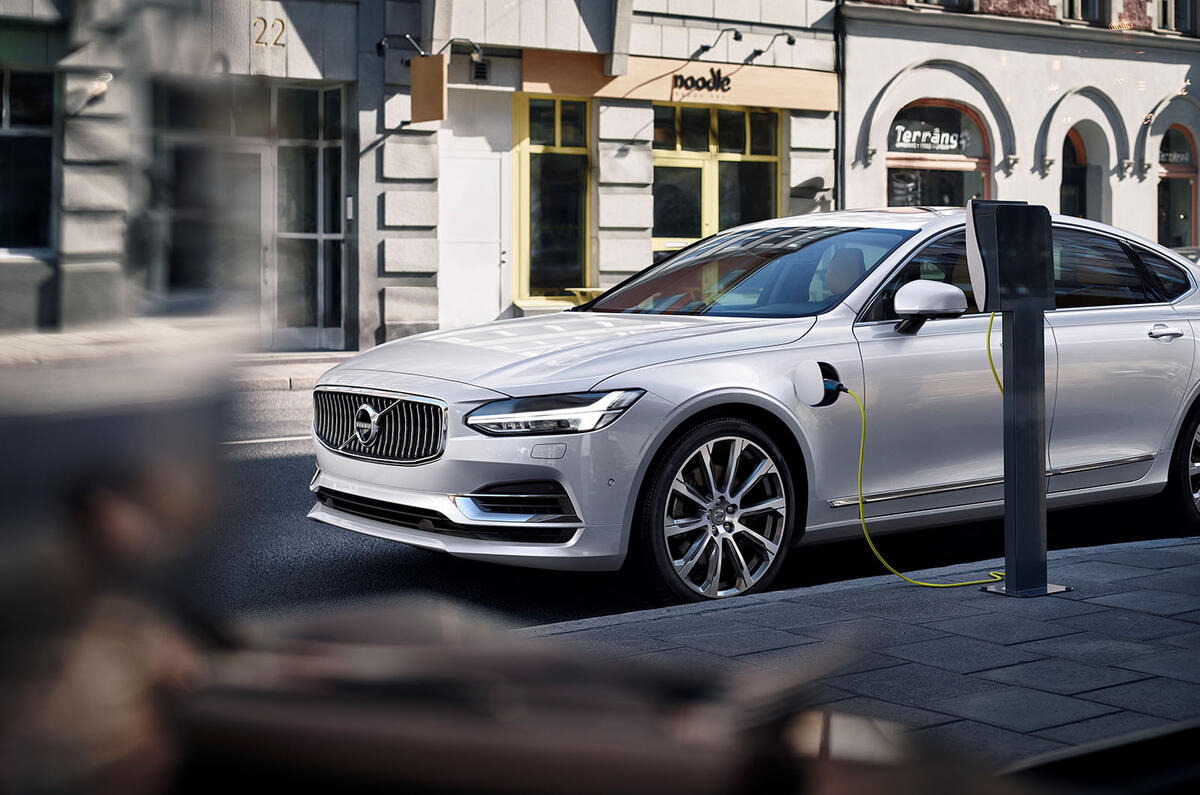The government may review its plug-in vehicle grant for Ultra Low Emission Vehicles (ULEVS) due to the high uptake of cars that qualify for the scheme.
Figures from the Society of Motor Manufacturers and Traders (SMMT) show a total of 3352 ULEV vehicles have been registered so far this year - a rise of 37.2% compared with 2015.
It has been reported that more than 11,000 applications for grants were received in February alone, prompting speculation that the government could change its plug-in grant scheme.
While the government has already pledged to continue offering the grant until 2018, a review of the service is planned for next year. A Department for Transport spokesman told Autocar that the government was "constantly monitoring the market for changes. If the new tier system shows a large change in sales we may need to look at it to ensure the £400 million pot of taxpayer's money is spent in the right way."
When the scheme was launched in 2011, motorists could get up to £5000 back on their electric or hybrid purchase, but in March this year, the scheme changed. Now, cars fall into three categories depending on how clean they are, and how far they can travel on electric power.
Currently, cars that produce less than 50g/km of CO2 and can travel at least 70 miles on electric power receive a grant of up to £4500, and are placed in Category One. Cars that produce less than 50g/km of CO2 and can travel between 10-69 miles on electric power get a maximum of £2500 (Category Two), and the same applies to cars that emit between 50 and 75g/km of CO2 and can travel at least 20 miles on electric power (Category Three).
Cars that cost more than £60,000 are not eligible for the Category Two or Three grant.
Danni Bagnall





Join the debate
Add your comment
A Mercedes Benz S Class
The last paragraph should read
Sloppy journalism.